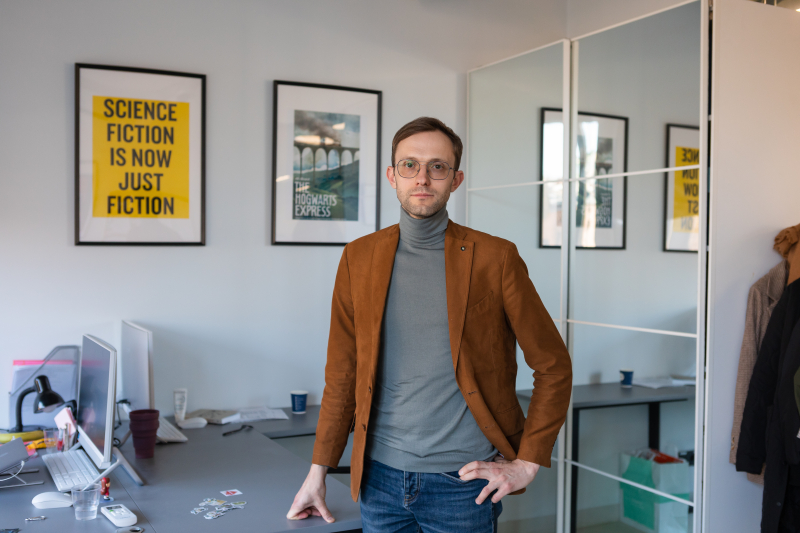Status isn't everything
Most participants in the VK and ITMO study (86%) think that for a company to be considered an industry leader, it must have its own cutting-edge technology and developments. For 42% of respondents, this argument was far more significant than proprietary large language models.
However, nontrivial and exciting tasks were of more value for ML experts when choosing their future workplace: 70% of respondents rated this criterion as crucial. This was more important than a high salary (48%) and a company's leadership in the field (23%).
Unconventional tasks are at the top
70% of experts say that they are most attracted by the nature of tasks in their careers as they have to analyze a lot, constantly look for solutions, and experiment with new methods. Complexity and a high degree of uncertainty are seen by them as the typical feature of their profession.
At the same time, the urge for unconventionality in tasks and studies causes many (55%) to reject routine tasks, even if they are within the field of machine learning such as writing code.
Technology creation > top management
Self-realization is vital for ML specialists: 70% regard making industry-shaping technologies as being the pinnacle of their careers, while 55% desire to create a globally-recognized product or service. Meanwhile, external factors of success such as the titles of a top manager (37%), a startup owner (32%), or an award laureate (31%) are considered less motivational.
“As the study showed, ML developers separate products that are popular at the moment from truly life-changing products and technologies; they want to create solutions that stay useful and relevant even when the hype vanishes. Technologies like machine translation, speech recognition, and recommendation systems slowly and surely revolutionize our interactions with data and each other and thus become an integral part of our daily lives,” comments Ekaterina Ivanova, the HR director at VK AI.

Konstantin Fursov. Photo by Dmitry Grigoryev / ITMO.NEWS
“ML specialists are most driven by the research aspect of their work. Tackling challenging problems, developing novel algorithms, and delving deeply into research – all of these excite and motivate them. The interviewees identified these tasks as the most creative and nontrivial, whereas optimization and testing are vital but more routine duties,” says Konstantin Fursov, the project’s scientific consultant and lead expert at ITMO’s Center for Science Communication.
Overall, the survey, including interviews with participants, involved 300 respondents, from junior specialists to team leaders and heads of ML departments.




